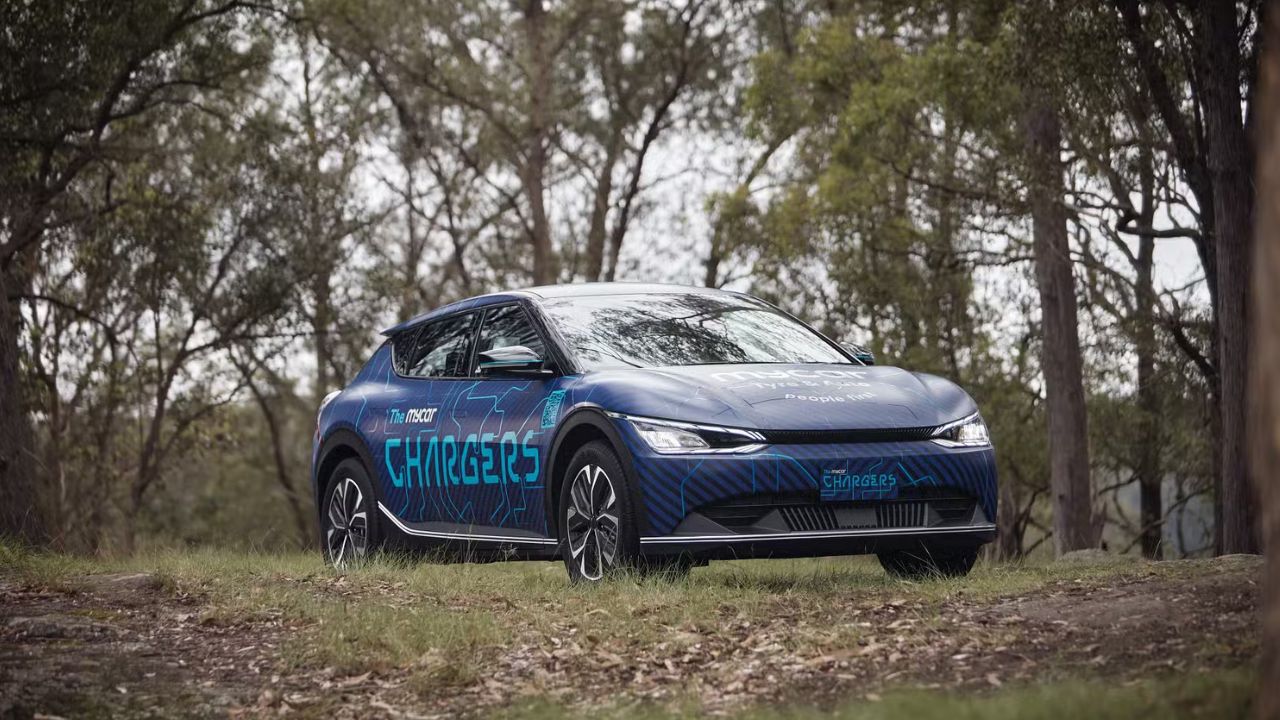In an innovative move that combines environmental consciousness with community support, MyCar Tyre & Auto has launched a groundbreaking initiative called “The Chargers.” This program aims to transform electric vehicles (EVs) into mobile power stations during natural disasters, showcasing a unique approach to disaster relief and recovery.
The Power of EVs in Crisis Situations
Natural disasters often leave communities without power for extended periods, hampering recovery efforts and causing significant distress to affected residents. MyCar’s “The Chargers” program seeks to address this issue by leveraging the untapped potential of electric vehicles.
Modern EVs, equipped with Vehicle-to-Load (V2L) technology, can serve as portable power sources. This capability allows them to provide electricity for essential devices and appliances during power outages. From charging phones to powering refrigerators or even medical equipment, EVs can play a crucial role in maintaining some semblance of normalcy in disaster-stricken areas.
How “The Chargers” Works
The program, set to trial across New South Wales, Victoria, Queensland, and the Australian Capital Territory from November 2024 to January 2025, recruits EV owners to volunteer their vehicles and time. These volunteers, dubbed “Chargers,” will be deployed to affected areas once they’re deemed safe by authorities.
Upon arrival, Chargers can use their EVs to power various devices, providing a lifeline to those in need. This initiative not only utilizes the technological capabilities of EVs but also taps into the community spirit of EV owners, creating a network of mobile power stations ready to respond in times of crisis.
The Impact on Communities
The potential impact of this program is significant. According to MyCar’s data, 74% of Australian residents have experienced blackouts following natural disasters. By providing a source of power, even if limited, “The Chargers” can help alleviate some of the stress and hardship faced by affected communities.
As Jaimie Bloch, a clinical psychologist and behavioral expert, points out, “Power is what connects us to the community and the vital resources that help us feel safe and connected, bringing a sense of normalcy.” Simple acts like charging a phone to contact loved ones or boiling water for a cup of tea can have a profound impact on mental well-being during challenging times.
Challenges and Considerations
While the initiative is innovative and promising, it’s not without challenges. Critics have raised concerns about the safety of sending volunteers into disaster zones, insurance coverage for potential damages, and the logistics of managing a fleet of volunteer EVs.
Moreover, there’s the risk of Chargers themselves becoming stranded if their vehicles’ batteries are depleted. MyCar and participating EV owners will need to carefully consider these factors and implement robust safety protocols to ensure the program’s success.
The Future of Disaster Relief
“The Chargers” program represents a shift in how we think about disaster relief and the role of electric vehicles in our communities. It demonstrates that EVs can be more than just eco-friendly transportation; they can be vital tools in emergency response efforts.
As climate change increases the frequency and severity of natural disasters, innovative solutions like “The Chargers” may become increasingly important. This initiative could serve as a model for similar programs worldwide, potentially revolutionizing disaster relief efforts.
MyCar’s “The Chargers” program is a testament to the power of innovative thinking and community spirit. By reimagining the role of electric vehicles in society, MyCar is not only promoting sustainable transportation but also fostering community resilience in the face of natural disasters.
As the trial period approaches, all eyes will be on this unique initiative. If successful, it could mark the beginning of a new era in disaster relief, where our vehicles do more than just transport us – they become beacons of hope in times of crisis.
